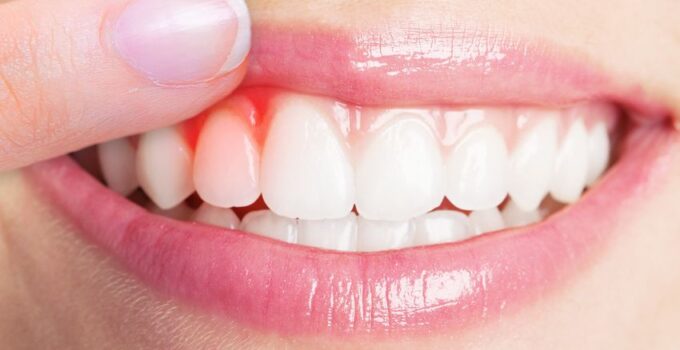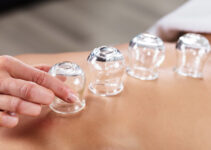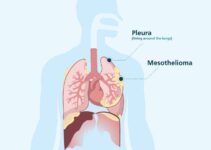You have undoubtedly been told countless times that you have to brush and floss your teeth for two minutes, twice a day to maintain your dental health. We know that brushing removes plaque and flossing helps prevent gum disease, but what happens when you choose not to be diligent when it comes to your homecare.
We checked with the Birch Dental Group to find out what plaque and gum disease really does to your health and this is what they said.
What is Plaque?
Let’s start out by looking at the basics. What exactly is plaque, anyway? Itis a sticky, thick film that builds up on your teeth throughout the day. It actually has millions of bacteria within it, all of which can be stimulated by the intake of sugars. When it is left unattended, will lead to tooth decay and gum disease as it turns into tartar and breaks down the enamel on your teeth.
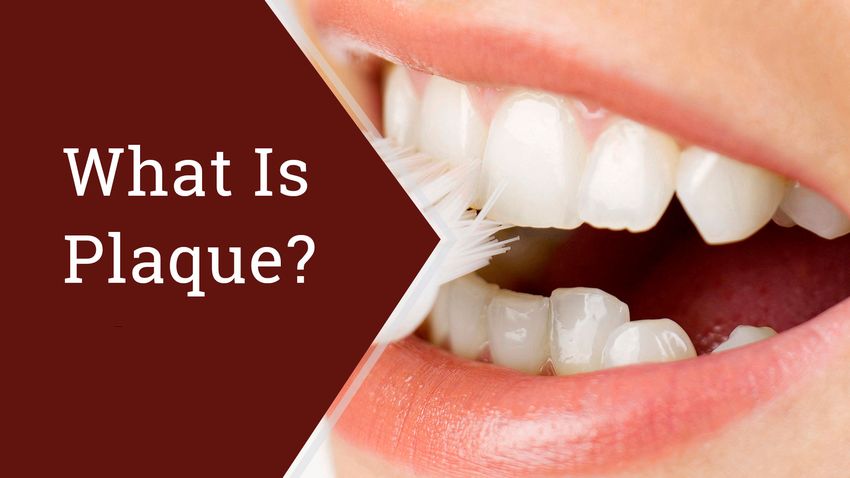
source:dentalcare.com
it also causes gum disease as it spreads bacteria to your gums. The first stage you will notice that your gums are red and inflamed, but as the bacteria progresses, your gums can become so infected that you wind up with tooth loss. All in all, you do not want to mess around with plaque.
What Else does Plaque do?
Beyond what it does to your teeth, it can also lead to other troubles when it comes to your medical health. Remember that your mouth is the gateway to your body. Gum disease itself can push bacteria directly into your bloodstream, which can result in heart disease. Gum disease has also been shown to be a factor with diabetes, dementia, premature birth, and even can contribute to rheumatoid arthritis. It can be detrimental to your overall health and lead to conditions that you will have to deal with for the rest of your life.
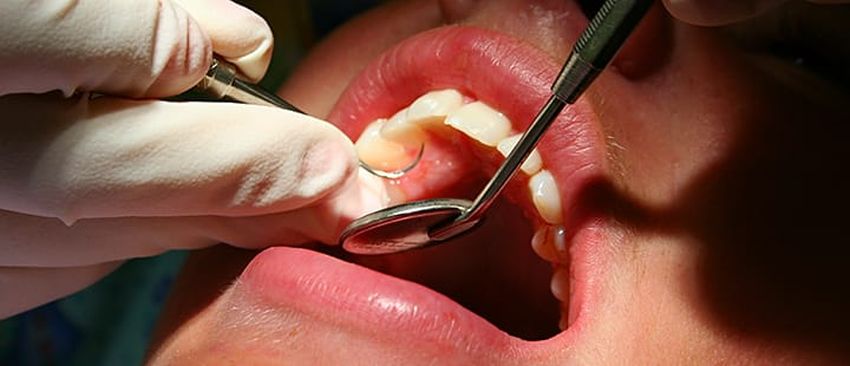
Also do not forget that gum disease is the leading cause of tooth loss. As the built-up plaque sits on your teeth and progresses downward into the gums, the foundation of your teeth is put at risk. The gums help keep your teeth in place and as the bacteria travels downward, it can go into your jaw, resulting in bone and tooth loss. When you do not have teeth, you cannot eat as well as you can when you have all of them. This can affect your dietary choices.
Tooth loss is also very expensive. Replacing your teeth is the best solution, but implants, bridges, and even extractions can all add up in price quickly.
What to do?
The best thing that you can possibly do to help your physical and oral health is to keep up with a regimen of brushing and flossing twice a day. As you remove the built-up plaque that is sitting on top of your teeth, you are preventing it from turning into the hard tartar that causes so many more problems. Flossing your teeth also helps remove the build-up of bacteria between them and downward into the gums, keeping gum disease far away and preventing cavities from forming between your teeth or under your gums.
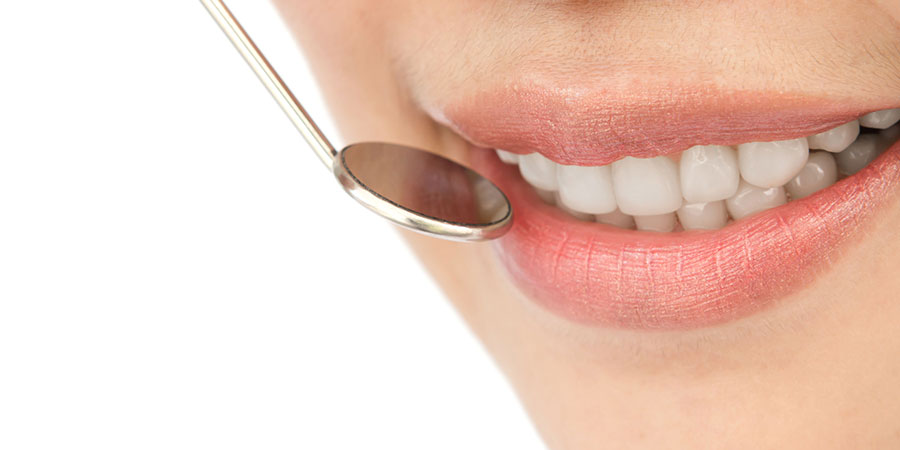
source:dentalcare.com
You should also be paying a visit to your dental hygienist at least twice a year. A hygienist can remove any plaque that has hardened and help make sure that your gums are as health as possible. It is far less expensive and better for your health to maintain healthy and clean teeth than to try to repair the damage after it has been done. Your health is worth the few minutes a day it takes to take care of them.

